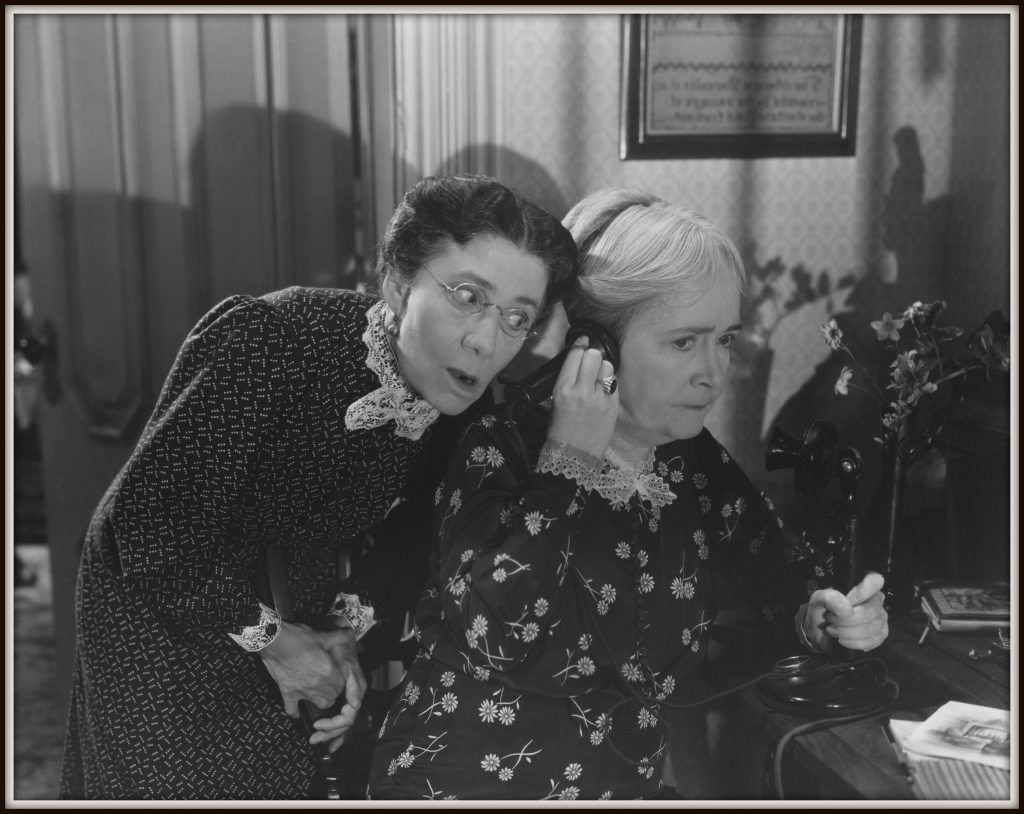Frequently Asked Questions:
How long will it take?
 After a preliminary assessment I’ll be able to give you a more accurate timescale. Without knowing specifics it’s a difficult question to answer as every project is so different.
After a preliminary assessment I’ll be able to give you a more accurate timescale. Without knowing specifics it’s a difficult question to answer as every project is so different.
Eg, distinctive surnames are easier to research than common names, so they may take less time to research; families who stayed in an area over many generations will be easier to trace than those who moved around more; nobility or professionals such as clergymen, lawyers and army officers are easier to trace than labourers.
If your ancestors originated from abroad, it may be more difficult to trace them.
How far back can you trace my ancestors?
This depends on many factors including the above and also the availability of records. Most British records survive from the 17th century onwards, and some extend back to 1538.
Some records have been lost or destroyed over the years, for example the many parish registers destroyed in WWII (particularly of London churches) and the personnel records of many soldiers who fought in WWI. Saying that, there are many records available, and your ancestors can usually be found somewhere in them.
Bear in mind the more research hours purchased, the more time there is available to go back further through the generations.
 What about skeletons in the closet?
What about skeletons in the closet?
There’s always a possibility you’ll discover those too.
You have:
4 grandparents,
8 gt grandparents,
6 2 x gt grandparents,
32 3 x gt grandparents,
64 4 x gt grandparents,
128 5 x gt grandparents
… and so on.
Every generation doubles the amount of direct ancestors you have (up to a point) statistically speaking there’s bound to be some stories…the good, the bad & perhaps the ugly.
How can I be sure the ancestors you find are mine?
Conclusions are based on high standards of genealogical proof. In your family history report I give evidence to support these conclusions, quoting and providing evidence of the sources used. Where I have a reason to doubt, or if other possibilities are equally likely to apply, I state this, and where applicable suggest further avenues for research.
All research is carried out bearing in mind the laws, customs, attitudes and events in local, British and world history at the time your ancestors lived. All of which assist in accurately putting the correct families together.
It’s worth noting the possibility of non paternity events in a family tree. The paper trail maybe solid, but a DNA test for instance may uncover otherwise.
